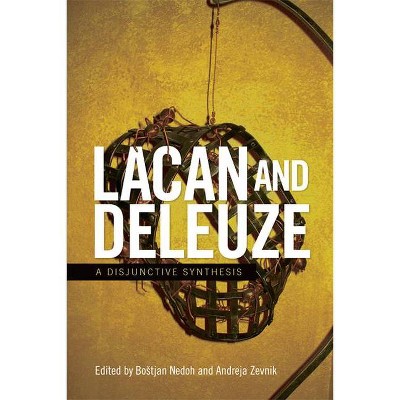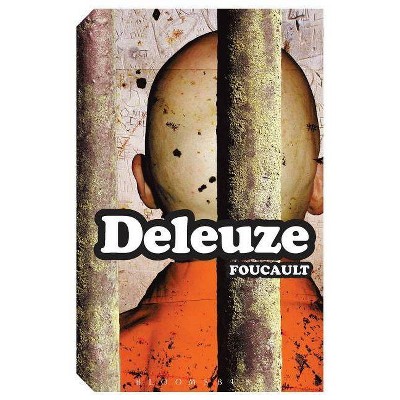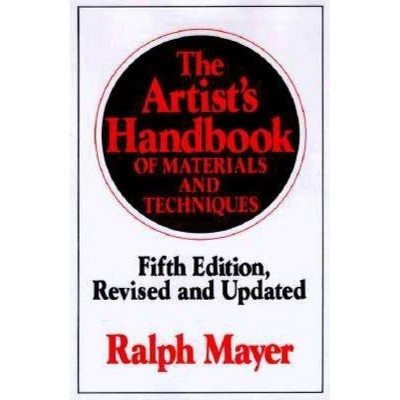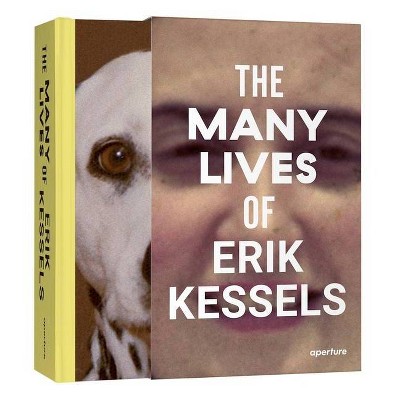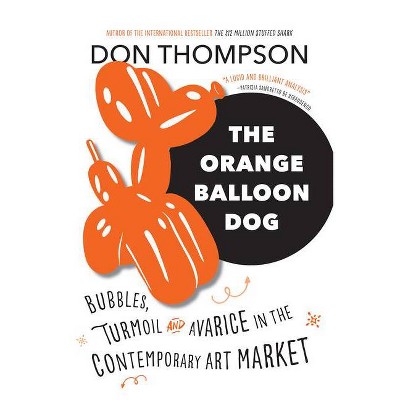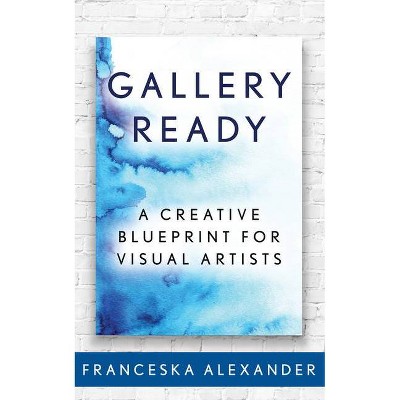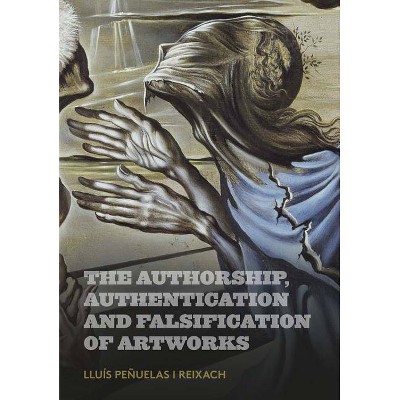Deleuze and Design - (Deleuze Connections) by Betti Marenko & Jamie Brassett (Paperback)

Similar Products
Products of same category from the store
AllProduct info
<p/><br></br><p><b> About the Book </b></p></br></br><p>Drawing on a range of contributors, case studies and examples, this book examines how we can think about design through Deleuze, and how Deleuze's thought can be re-designed to produce new concepts. It taps into the emerging networks between philosophy as an act of inventing concepts and design as the process of inventing the world.</p><p/><br></br><p><b> Book Synopsis </b></p></br></br><p>Whether we are dealing with products or scenarios, packaging or experiences, territories or digital platforms, design is never a thing but a process of change, invention and speculation that always has material, tangible implications that affect behaviours and lives. </p> <p>Drawing on a range of contributors, case studies and examples, this book examines ways in which we can think about design through Deleuze, and how Deleuze's thought can be experimented upon and re-designed to produce new concepts. This book taps into the emerging networks between philosophy as an act of inventing concepts and design as the process of inventing the world.</p><p/><br></br><p><b> From the Back Cover </b></p></br></br>'In a field decidedly weak in theoretical constructs, this book goes a long way toward aligning design studies with contemporary philosophy. But it also steers Deleuze in a new direction, unleashing the creative power and possibilities behind one of the chief philosophical figures of our age.' - Dr. Elizabeth Guffey, State University of New York, Purchase An interrogation of the theory and practice of design through the thought of Gilles Deleuze What can Deleuze's creative, immanent and practical philosophy offer to a field not only concerned with innovation and the creation of possible worlds, but one that is fast becoming a way of thinking and critically responding to current issues and concerns? Is there a Deleuzian way of designing? Whether we are dealing with products or scenarios, packaging or experiences, objects or digital platforms, services or territories, organizations and strategies, design is never a thing, but a process of change, invention and speculation always with material, tangible implications that affect behaviours and lives. Drawing on a range of contributors, case studies and examples, this book examines ways in which we can think about design through Deleuze, and likewise how Deleuze's thought can be experimented upon and re-designed to produce new concepts. Discussions include materiality, creativity, objects, the future, innovation, the designed environment and the interaction between human and non-human agents. This collection taps into the emerging networks between philosophy as an act of inventing concepts, and design as the process of inventing the world. Betti Marenko is Contextual Studies Leader for Product Design at Central Saint Martins, University of the Arts London. Jamie Brassett is Subject Leader and MA Course Leader for Innovation Management, also at Central Saint Martins, University of the Arts London.<p/><br></br><p><b> About the Author </b></p></br></br><p>Betti Marenko is Senior Lecturer in Product Design at Central Saint Martins College of Art & Design, University of the Arts, London. She is the editor of DIY Survival: There is No Subculture, Only Subversion (C6 & Mute, 2005) and Segni Indelebili: Materia e Desiderio del Corpo Tatuato (Feltrinelli, 2002) and Ibridazioni: Corpi in Transito e Alchimie della Nuova Carne (Castelvecchi, 1997). <p>Jamie Brassett is Course Director in Innovation Management at Central Saint Martins College of Art & Design, University of the Arts, London. He is co-author of Design Digestion (Tin Horse Design, 2007).<p>
Price History
Price Archive shows prices from various stores, lets you see history and find the cheapest. There is no actual sale on the website. For all support, inquiry and suggestion messages communication@pricearchive.us






